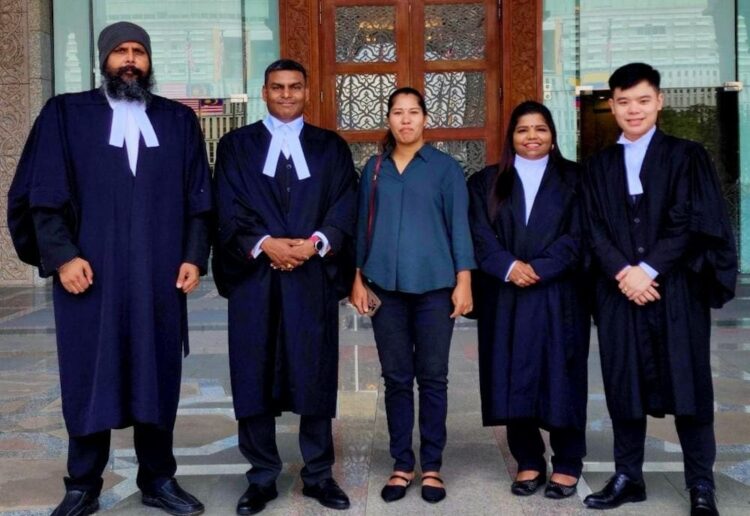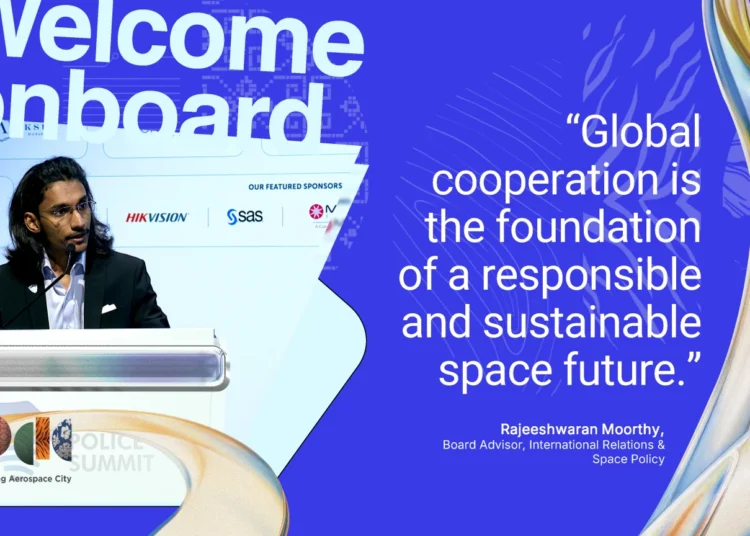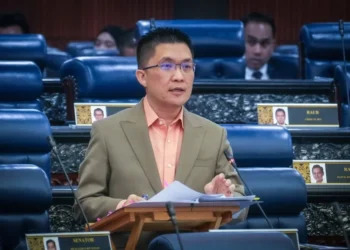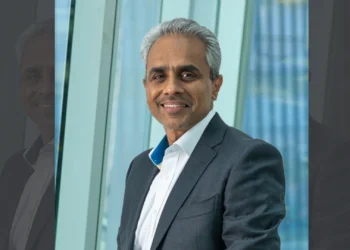Led by Court of Appeal judge Datuk Hadhariah Syed Ismail, the three-judge panel granted all nine orders sought by Loh in her legal challenge. This included nullifying certificates of conversion issued to the children, compelling the removal of their names from the registry of Muslim converts, and declaring Section 117(b) of the Perlis state law unconstitutional.

Hadhariah criticised the High Court for failing to address key issues, emphasising the need to determine the lawfulness of unilateral conversion and the constitutionality of Section 117(b). The ruling reaffirmed the Federal Court’s decision in Indira Gandhi’s case, stating that the consent of both parents is mandatory before converting minor children to another religion.
The contentious Section 117(b), originally requiring consent from both parents for children under 18 to convert to Islam, was amended in 2016 to allow conversion with consent from either parent. The Court of Appeal held that the current version of the law, which permits conversion with only one parent’s consent, was an act of violation against the Federal Constitution.
Judges Datuk Hashim Hamzah and Datuk Azhahari Kamal Ramli were part of today’s panel. On March 25, 2022, Loh initiated a legal challenge by filing a judicial review at the High Court, naming the Perlis registrar of Muslim converts, MAIPs, the Perlis mufti, and the Perlis state government as respondents. Despite the High Court’s rejection on May 11, 2023, of Loh’s challenge against the unilateral conversion of her three children to Islam without her consent, she proceeded with an appeal, leading to today’s Court of Appeal decision that has finally given her justice.
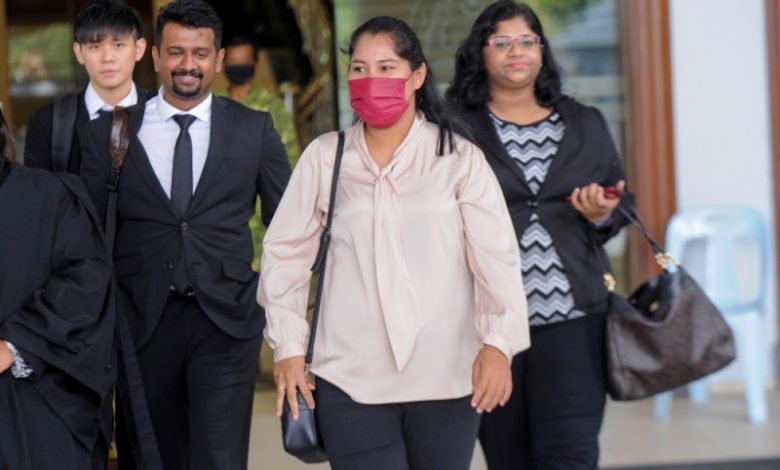
Loh’s lead lawyer, A. Srimurugan, highlighted the lack of Loh’s consent to her children’s conversion and argued that the High Court’s failure to address the constitutionality of unilateral conversion constituted a miscarriage of justice. Drawing parallels with the Federal Court’s decision in Indira Gandhi’s case, Srimurugan stressed the necessity of striking down Section 117(b).
Representing three respondents, Perlis state legal adviser Mohd Radhi Abas argued that certificates of conversion were legally issued under Section 112 of the Perlis state law. He contended that the term “parent” in Article 12(4) of the Federal Constitution should refer to either the father or mother, not both. Mohd Radhi also advocated for the Malay language translation of the Federal Constitution to be used as the authoritative text.
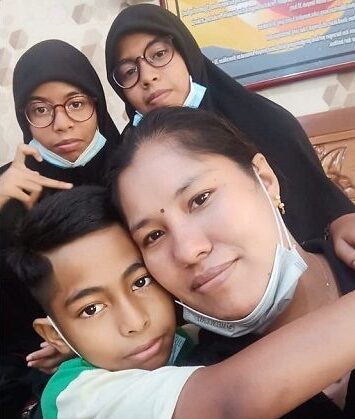
Lead lawyer for Perlis Islamic Religious and Malay Customs Council (MAIPs), Mohamed Haniff Khatri Abdulla, supported reliance on the Malay translation, claiming the Federal Court’s dependence on the English version was erroneous. The Court of Appeal, however, firmly upheld the English text as the authoritative source, citing that the Malay translation of the Federal Constitution is only a translation of the legal text and cannot be righted as law.
This landmark ruling establishes a significant legal precedent, emphasising the importance of parental consent in religious conversions of minor children. The decision offers protection against unilateral conversions, promotes equal parenting rights, and clarifies constitutional principles. It sends a strong message against unilateral conversion, aiming to prevent prolonged legal battles and protect the welfare of children, echoing the sentiments expressed in the Indira Gandhi case. This ruling is expected to shape future cases involving religious conversions of minors, setting a clear standard for constitutional interpretation.
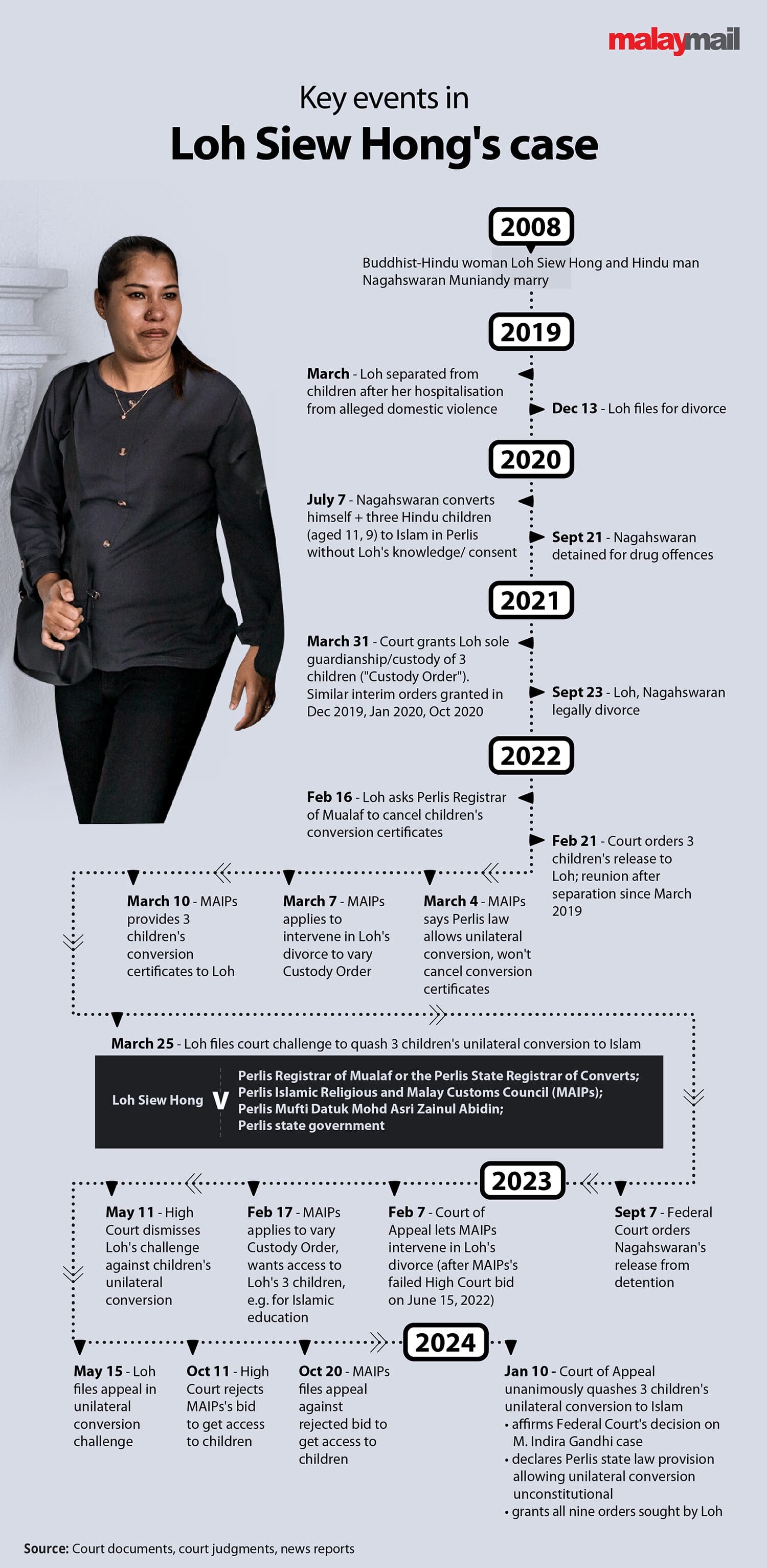
Source: Malay Mail
Follow us on Instagram, Facebook or Telegram for more updates and breaking news.


